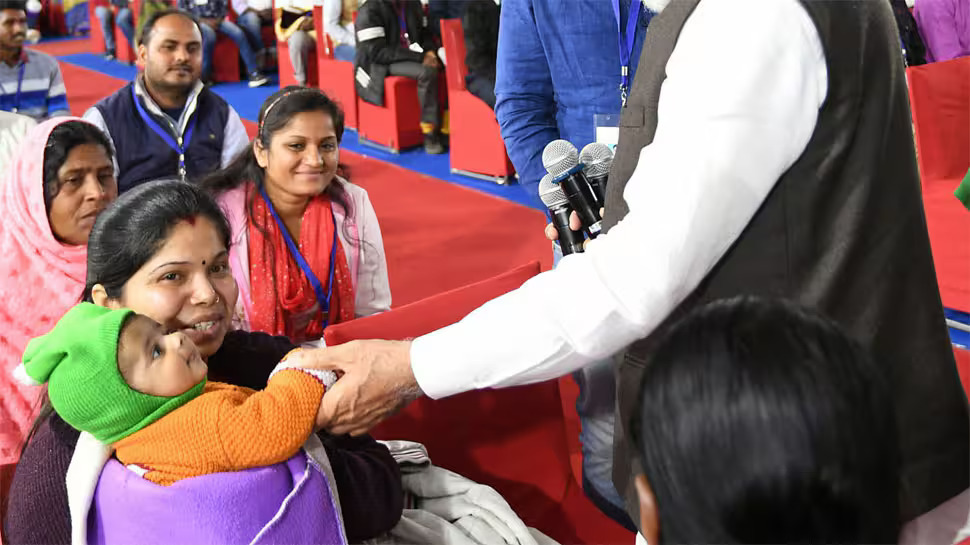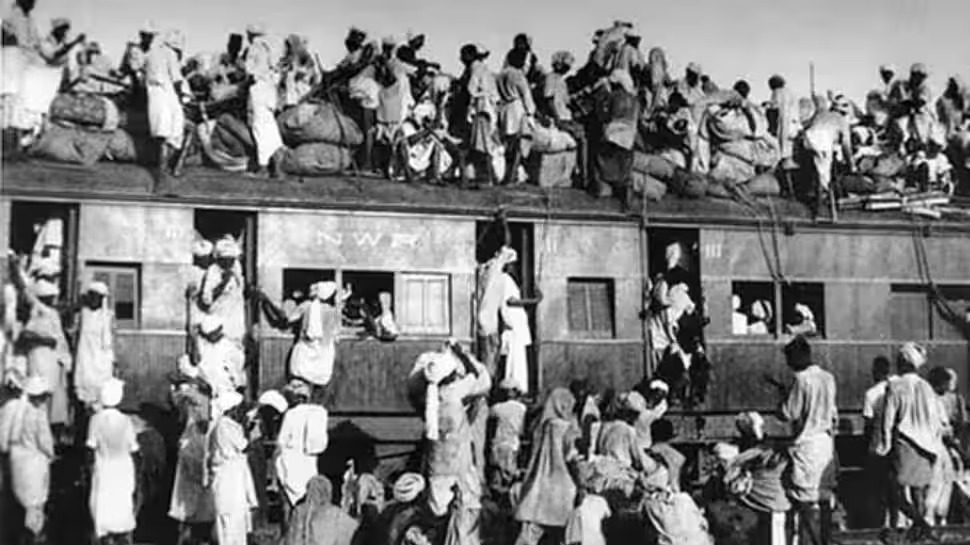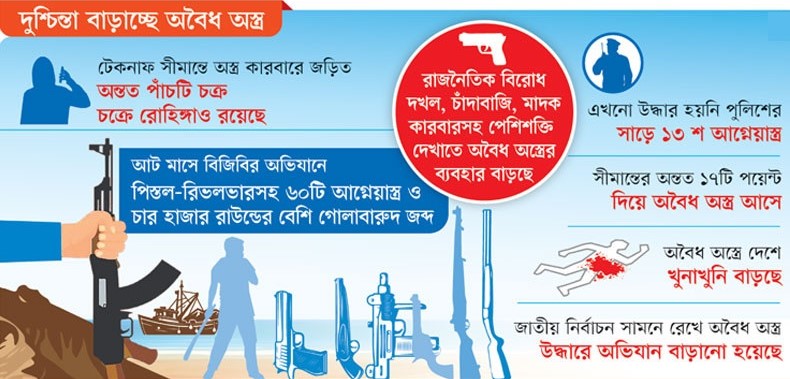Breaking News :
A Bridge of Amity in Chuadanga: BSF Formally Hands Over 31 Illegal Bangladeshi Entrants
- H Sarker
- 25 Oct, 2025
The International Border: A Line of Mistake and Mercy
The long, 4,096-kilometre border between India and Bangladesh is not merely divided by barbed wire or rivers; it is also a line of humanitarian bond, economic reality, and sometimes, accidental crossing for the people of the two nations. Amidst this complexity, in a significant step towards maintaining humanitarianism and protocol, 31 Bangladeshi nationals were officially sent back to the country on Saturday (October 25) through the Darshana Immigration Checkpost (ICP) in Chuadanga.These citizens had illegally entered India at various times and were subsequently arrested there. The handover process was completed through a Battalion Commander level Flag Meeting held between the Border Guard Bangladesh (BGB) and the Border Security Force (BSF), marking a bright example of the existing good relations and cooperation between the two border guarding forces.
The Handover Process: Humanitarianism on the Path of Protocol
These 31 Bangladeshi citizens, arrested for illegally crossing the border, were handed over by India’s Gede 32 BSF after a long legal process. This process is typically time-consuming, involving verifying the legal status of the detainees, confirming their nationality, and completing formal communication between the Foreign and Home Ministries of the two countries.Sources from the 6 BGB in Chuadanga confirmed that the citizens were formally received by the BGB from Indian custody following the Flag Meeting. This handover is not just an administrative task but an expression of both countries' commitment to border protocol and humanitarian consideration. Such activities help foster mutual trust and cooperation between the two nations' border forces.
Statistics and Identity of the Returnees
The returnees include citizens of various classes and ages, indicating that the pressure of economic and social factors, such as the search for employment and a better life, is a core reason for border crossing. Among these 31 citizens are :
Men: 16 Women: 10 Hijra (Third Gender): Children: 3
The citizens hail from various districts of Bangladesh, which proves that the problem of illegal infiltration is not regional but that people from wide areas of the country cross borders in search of work. Their homes are in Dhaka, Manikganj, Cumilla, Feni, Noakhali, Sherpur, Moulvibazar, Kurigram, Mymensingh, Khulna, Jashore, Narail, Satkhira, and Chuadanga.
Reasons for Crossing the Border: Broker Rings and the Journey for Work
The information provided by the returnees regarding their reasons for crossing the border points towards weaknesses in the country’s economic and social structure and the strong network of broker rings. The returnees stated:
Objective: They had primarily gone to India illegally in search of work.
Method: They illegally crossed the border through brokers via various checkpoints.
Workplace: In India, they mainly worked in the city of Mumbai, suggesting a demand for such laborers in the construction and other unorganized sectors in India's large cities.
Although they worked there for a long time after entering India, the Indian police recently arrested them during an ongoing operation and sent them to prison. After completing the legal process from the prison, they were sent back to the country through the Gede Checkpost in West Bengal on Saturday.
Humanitarian Rehabilitation: Initiative to Return Them to Families
The final and most crucial step of this handover process is the rehabilitation of the returned citizens with their families. Shahid Titumir, Officer-in-Charge (OC) of Darshana Police Station, has taken charge of this rehabilitation process.OC Shahid Titumir stated, "Contact will be made with the relatives of these individuals to send them to their respective families." This process is highly sensitive. The police must establish contact quickly and ensure that these vulnerable citizens are not subjected to any harassment or abuse. This initiative is essential for the restoration of family and social bonds.
A Message of Cooperation and Boundaries
This incident at the Darshana Checkpost in Chuadanga is an ongoing reality of the India-Bangladesh border. While border forces maintain strict surveillance on one side, ordinary people take risks through illegal routes due to economic pressure and the temptation of broker rings on the other.This handover process reflects the strong diplomatic relations and humanitarian perspective between the two countries. It sends a message that even with the responsibility of criminal acts or illegal infiltration, the two neighbouring countries are ready to return their citizens based on humanitarian consideration and protocol. However, increasing employment within the country and taking strict measures against broker rings are indispensable to prevent such infiltration.
Leave a Reply
Your email address will not be published. Required fields are marked *







.jpg)
